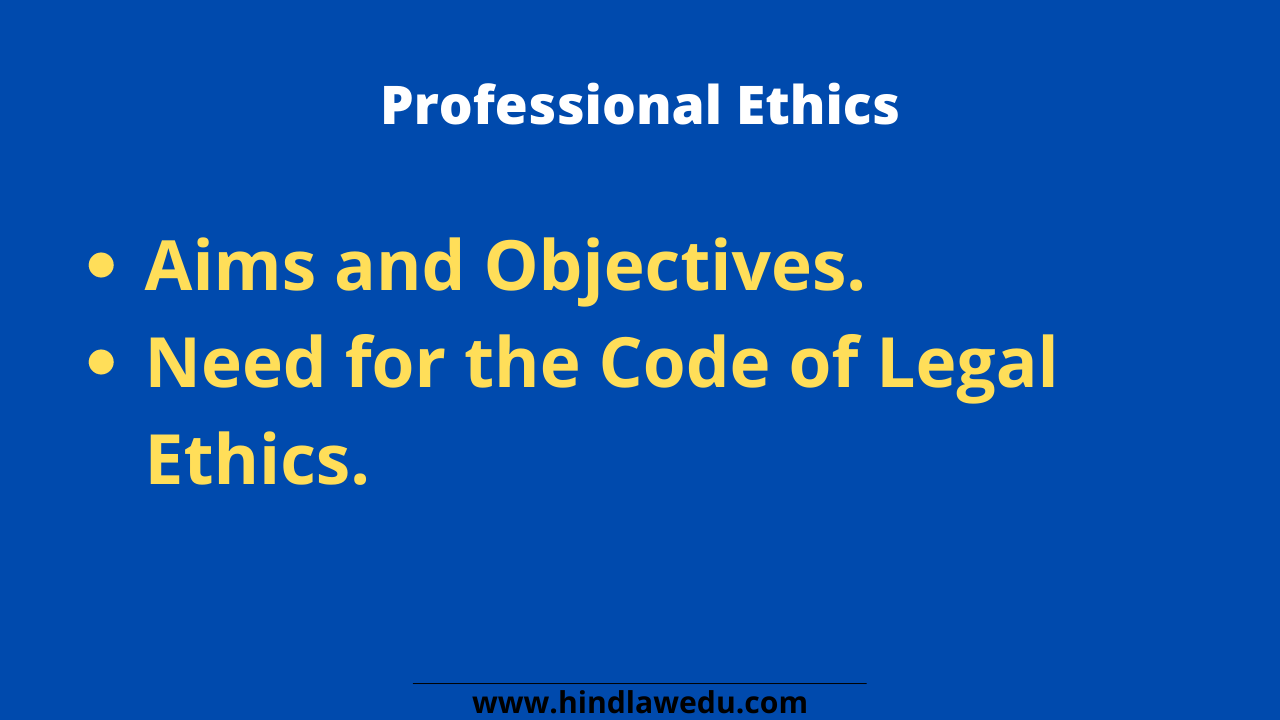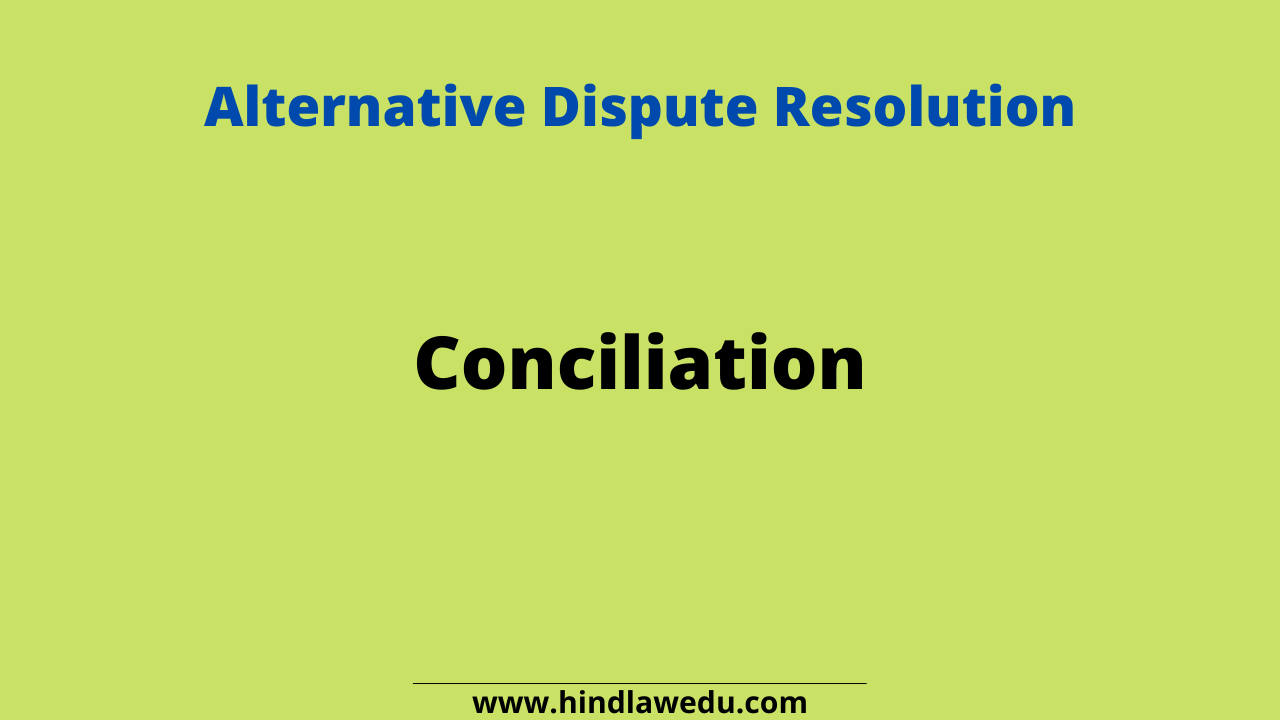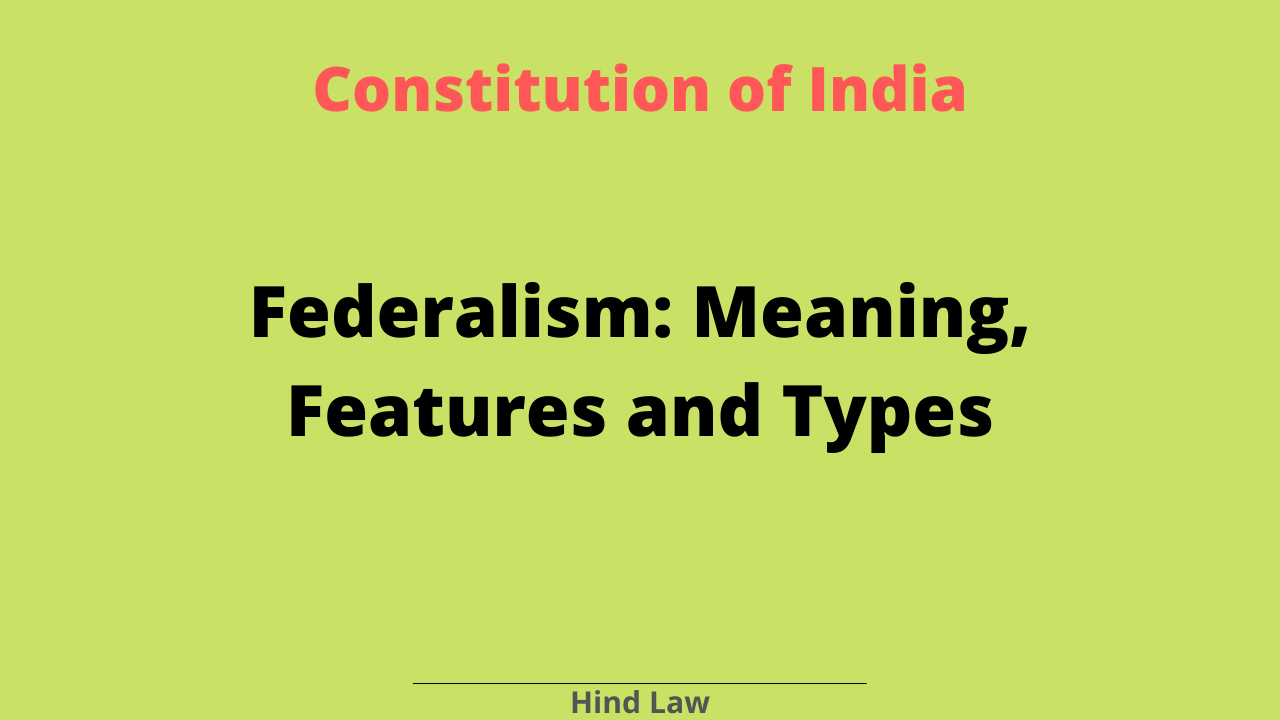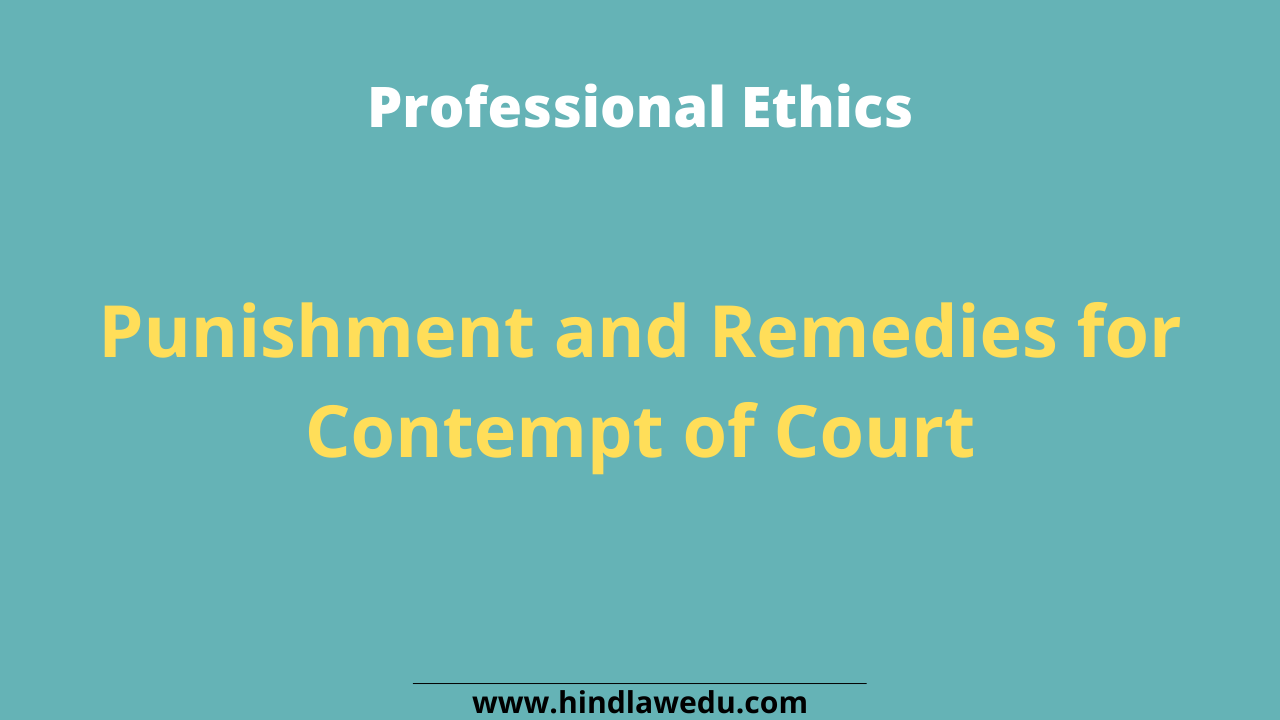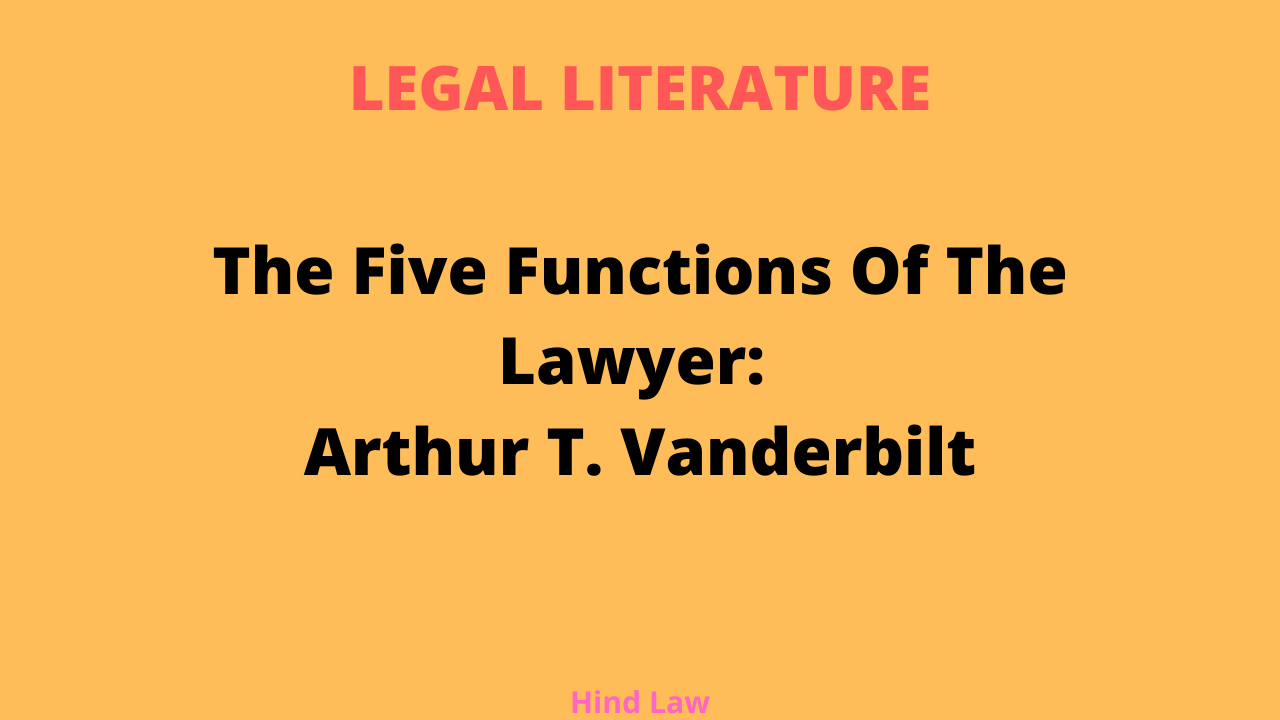Table of Contents
LEGAL MAXIMS
Legal Maxims are general principles of law embodied in familiar phrases which are used as guiding principles by both judges and lawyers. In other words, Legal maxims are established principles of law that are universally admitted, and people in the legal field are very well aware of these words. They are mostly Latin words or a combination of a few words.
1. Aequitas sequitur legem (Equity follows the law)
It means that ‘equity will not allow a remedy that is contrary to law’. Equity does not replace or violate the law, but it backs it up and supplements it. Equity follows appropriate rules of law, such as the Rule of Evidence and pre-trial discovery. Equity will follow established rules and precedents and will not change or unsettle rights which are defined and established by existing legal principles.
This maxim is derived from Latin language. This maxim has been adopted and followed by the legislatures in India. The Indian Contract Act 1875, Transfer of Property Act 1882, Specific Relief Act 1963 and Indian Trust Act 1882 are the best instructions of the principle contained in this maxim of equity.
2. Affirmanti, non neganti, incumbit probation (The proof is incumbent upon the one who affirms, not on the one who denies)
It means that ‘the burden of proof is on the plaintiff’. It says that the claimant bears the burden of proof, which has to prove the aspects of their claim. In a civil proceedings Court leads to investigation but it has to be done by the plaintiff, who is obliged to submit all proof and evidence he or she gets.
In criminal cases there are always two burdens, first burden is always on the prosecution to prove their claims by providing sufficient evidence against the defendant and Second is on the defendant to bring about evidence that is convincing and sufficient to create such reasonable doubts on the prosecution’s claims. In the civil matter the burden is mainly on the plaintiff to provide evidence to prove their claims but in certain cases the burden also shifts to the defendant. If the plaintiff is not able to prove then the defendant is discharged.
In Chenna Perumal v. Peraperumal, the Supreme Court recollected the maxim which held that- ‘The proof is incumbent on the one who affirms, not on the one who denies. Defendants are held to be in a more favorable position than the plaintiff’.
3. Aequitas agit in personam (Equity acts in personam, not in rem)
This maxim refers to Equity acts upon the person. It means one who seeks equity must do equity. To act in personam means it acts upon a person’s conscience. The maxim means that equity Equity enforces at its best by acting on the conscience of a person who is charged therewith. If he fails to obey the order of the court of equity he is arrested and imprisoned.
This maxim states that the equity applies to a person rather than a property. In England, the Court of Common law and Chancery Courts were distinguished by the fact that the Court of Common law had authority over the person as well as property but the latter only acted over people.
The Equity courts’ power arose from their authority to hold the violator in contempt of court and punish accordingly. Since the law of equity was applicable to the persons and not the property but it could also apply to the property outside a jurisdiction, provided that the person was within the jurisdiction.
In the case of Penn v. Lord Baltimore, an order of specific performance was made for the plaintiff who brought a boundary dispute case to an English Court, yet the land was situated in Maryland, USA. The jurisdiction of the court was applicable to the parties as they both were English and lived in England.
4. Ex turpi causa non oritur actio (No action can arise from an illegal act)
It is of latin origin which means no action arises out of an immoral contract. If an Individual is involved in illegal activity then he cannot sue another for damages that arises out of that illegal activity. Such as, an injury to a person, who is driving a stolen bike and is aware about the fact that the bike is stolen.
This maxim applies not only to tort law but also to contract, restitution, property and trusts. The rationale behind this principle is that it would be wrong to allow a criminal to profit from a crime committed by him. This principle is one of the widely used by the lawyers of the defendant party as it allows the defendant to escape his liability even though he is guilty of an unlawful act.
In Simpson v. Blass, the Court said that if the petitioner takes recourse to illegal conduct to prove his claim the Court will not accept such claim of the petitioner. No cause of action will arise from an illegal act because it will be an abuse of process of the Court.
In Collins v. Blainturn, it was held that any agreement for compromise will be illegal and void regarding pending Criminal Prosecution.
5. Ignorantia facti excusat, Ignorantia juris non excusat (Ignorance of fact is an excuse but ignorance of the law is no excuse)
The maxim ‘ignorantia juris non-excusat’ means ignorance of the law is not an excuse. It implies that the Court presumes that every party is aware of the law. Hence, cannot claim ignorance of law as a defense to escape liability. When a person commits any tort and asks for the defence that he does not know the law, the court does not consider it as a defence.
The notion of Legal literacy is based on the principle that every individual must be aware of their rights and obligations. The main logic behind the ignorance rule is that everyone is supposed to know the law but that if it were allowed as a defense, then every offender would plead ignorance.
6. Jus respicit aequitatem (The law pays regard to equity)
This maxim is referred to as ‘ The law regards equity’. The law tries to seek or defend good quality and punish the offender. It always prefers fair and good judgment.
7. Lex est norma recti
This maxim means that ‘the law is the rule of right’. law ensures our general safety and protects our rights against abusive behavior of the people, organization or even government itself. It also means law is the standard of uprightness.
8. Nemo potest esse simul actor et judex (No one can be at the same time both pursuer and judge
no man ought to be a judge in his own cause, because he cannot act as a judge and at the same time be a party to a suit or in other words no one can be at once suitor and judge. If we observe this maxim liberally then it can also be stated that if any judge has any kind of interest or related to the suit presented before him then he should not be allowed to handle/judge such a case because justice should not only be served it must seem to be served.
By the application of Natural Justice no person is allowed to be the judge of his own case. and the judge must be free from any kind of influences and bribery.
9. Nemo debet bis puniri pro uno delicto (No one should be punished twice for the same
it means that, ‘No person shall be prosecuted/punished for the same offence or misdemeanor twice’. Essentially, it prohibits double jeopardy. The main objective of this maxim is to protect the accused from facing double punishments for the same crime with the same facts if he has been punished previously by the law. The accused must prove that the offence he was punished twice for was the same as before with the same issues and question of law.
It is the part of the ‘Principles of natural justice that lays down that the trial must be fair in all respects. But to avail the defence provided by the maxim, the accused must prove beyond any reasonable doubt that he was prosecuted For the same offence, Based in same fundamental facts and circumstances, Involving same substantial question of law, Tried by competent court or other judicial body, Prosecuted and punished for the offence.
10. Non jus ex regula sed regula ex jure (The law does not arise from the rule or maxim, but the rule or maxim from the law)
The law does not arise from the rule (or maxim), but the rule arises from the law. Rules of law or legal maxims do not give rise to or make law but the rules or maxims are appropriate modes of stating briefly what the law is, and are only of importance or value in so far as they accurately express the law. The maxim does not give birth to the law which it expresses, the law gives birth to the maxim.
11. Qui prior est tempore, potior est jure (Where there are equal equities, the first in time shall prevail)
Its literal meaning is “he who is prior in time is stronger in right.”
Accordingly, where there are two competing equitable interests, the general rule of equity is that the person whose equity attached to the property first will be entitled to priority over the other. Where the equities are equal and neither claimant has the legal estate, the first in time prevails. This maxim is incorporated in Section 48 of Transfer of Property Act in India.
Illustration:
X mortgages his property to Y for Rs. 50,000 and then sells the property to Z. Here two transfers have taken place. Now, Z owns the property but according to the law, the property is still subject to the mortgage and in case of default of payment of the loan, the mortgagee can cause the property to be sold. As the later transfer is subject to the prior transfer.
12. Salus populi est suprema lex (The welfare of the people is the paramount Law)
This maxim means that the welfare of the people is the supreme law, enunciates the idea of law. This can be achieved only when justice is administered lawfully, judicially, without fear or favour and without being hampered and thwarted and this cannot be effective unless respect for it is fostered and maintained.
The principle of Roman law ‘salus populi est suprema lex’ means that ‘welfare of the people is the paramount law’. This principle is the abiding principle in the Constitution of India. The State has been assigned the positive role of helping the people realize their rights and needs and in doing so the courts of India have often given expansive interpretation to Article 21 of the Constitution of India which provides the fundamental right to life.
The article states that no person shall be deprived of his right to life and personal liberty except according to the procedure established by law. By expansive interpretation of Article 21, the right to a healthy environment has been granted to all persons in India.
13. Ubi jus ibi remedium (No wrong to be without remedy)
It is a Latin maxim which means that “wherever there is a right, there is remedy.” It consists of two main ingredients of the doctrine ‘jus’ and ‘remedium.’ Where ‘jus’ means legal authority to do or demand something from and ‘remedium’ means rights of action. It simply gives us a meaning that if there is any violation of the legal right, then the law provides a remedy to the affected person.
Every person has the right to have a good legal remedy by the competent national tribunals for the acts which violate your fundamental rights and human rights which are granted to him by the constitution or by any law of the land.
In Bhim Singh v. State of Jammu & Kashmir, the petitioner was MLA of Jammu and Kashmir parliamentary assembly. While he was on his way to attend the parliamentary session he was wrongfully arrested by a police officer and he was restrained from attending the parliamentary session. He was not presented before the magistrate in time and he had a legal right to attend the meeting. His fundamental right under Article 21 of the Constitution was also violated.
At last the Supreme Court held that the defendants were responsible and awarded Rs.50,000 as compensation to the petitioner for the infringement of his fundamental right.
14. Vigilantibus et non dormientibus jura sub-veniunt (The law assist those who are vigilant of their rights, not those who are careless of them or Delay defeats equity)
The maxim refers to the obligation of individuals to not only be aware of their rights under the law, but also to be vigilant while exercising or using the same. The legal process only benefits those who have been careful enough with their rights, instead of being ignorant.
This maxim expands upon through the Limitation Act of 1963, which entails that if the suffered/aggrieved party does not file a suit for relief within the required time period, for the breach of his rights, then it cannot be claimed at a later stage.
Any case of legal right infringement will automatically be considered invalid if filed beyond the limitation period, prescribed by law. In the practical sense, other than the common civil suit actions, the special legislation on various subject matters specifically provides for a period of limitation.
Illustration
Filing an appeal at the High Court, in a civil suit from a lower Court, must be done within 90 days from the date of its decree or order. If the aggrieved party, approaches the High Court after the above mentioned period, then the appeal would not be entertained, by application of this maxim.
Also Read:
Also read about all Important Legal Terms…
LEGAL LANGUAGE IN INDIAN CONTEXT



